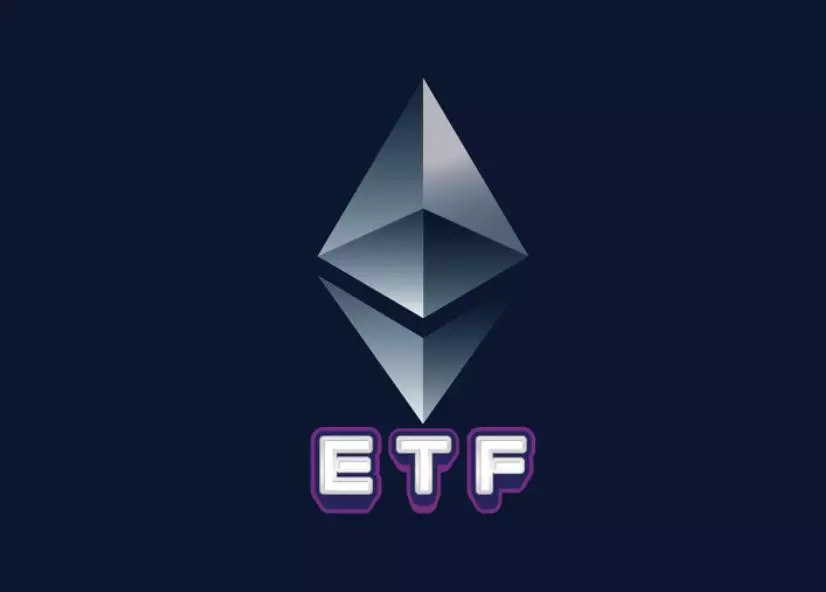The recent approval of the Ethereum Spot ETF has sparked a wave of speculations regarding its potential performance in comparison to Bitcoin-based ETFs. Bloomberg ETF analyst, James Seyffart, has offered insights into the matter, suggesting that the Ether spot ETFs may only attract up to 25% of the demand seen by their Bitcoin counterparts. Seyffart’s predictions are primarily based on significant differences in market capitalization between Ethereum and Bitcoin.
According to Seyffart, Ethereum’s total market shares amount to $449.25 billion, which is approximately 30% of Bitcoin’s $1.35 trillion market cap. He also emphasized the discrepancies between the ETFs and their underlying assets. The analyst noted a substantial gap between Ethereum as an ETF and as a cryptocurrency, highlighting limitations for investors in terms of staking and other on-chain use cases related to DeFi, NFTs, and DAOs. This may lead some investors to opt for direct investment in the altcoin, rather than the ETF.
Seyffart anticipates that the Ethereum Spot ETFs will likely experience significant interest upon launch, but not to the extent of Bitcoin spot ETFs. He projects that these new investment funds may attract between 20-25% of the investments seen in their Bitcoin-based counterparts. In contrast, Bloomberg analyst Eric Balchunas is less optimistic, with a projection of 15-20%. The performance of the Ethereum spot ETFs is expected to have a notable impact on the approval and reception of other crypto spot ETFs by the US Securities and Exchange Commission.
In the midst of these developments, Ethereum’s price is currently trading at $3,766 with a 0.51% gain in the last day. This modest increase reflects Ethereum’s overall positive momentum throughout the week, with a cumulative gain of 20.47% over the past seven days. However, the daily trading volume for ETH has decreased by 51.27% and now stands at $10.03 billion, indicating some fluctuations in investor activity.
As the Ethereum Spot ETF prepares for its debut trading session, analysts’ projections and market performance indicators provide valuable insights into the potential trajectory of these investment funds. While there is enthusiasm surrounding the launch of the ETH ETF, uncertainties remain regarding its level of demand and impact on the broader crypto market. As investors await the unveiling of these novel investment opportunities, the industry will continue to monitor their performance and implications for future ETF approvals.

